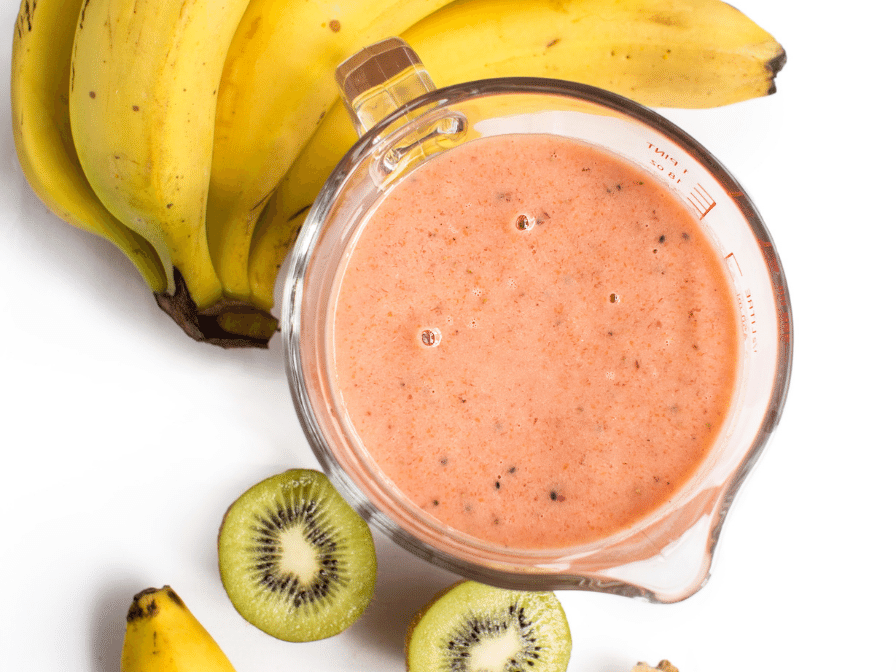
Do you ever experience a tingling sensation after consuming beta-alanine? This common side effect is often referred to as ‘beta-alanine tingles.’
But why does it happen? Beta-alanine is a popular supplement among athletes and fitness enthusiasts due to its ability to increase carnosine levels in the muscles, which can improve exercise performance and reduce muscle fatigue. However, the tingling sensation can be uncomfortable and even alarming for some individuals.
In this article, we will explore the science behind beta-alanine and the mechanisms that cause this tingling sensation.
Beta-alanine is a non-essential amino acid that is naturally found in foods such as poultry and fish. It is also commonly consumed as a dietary supplement to increase carnosine levels in the muscles. Carnosine is a dipeptide composed of beta-alanine and histidine and is found in high concentrations in skeletal muscle tissue.
Carnosine acts as a buffer, helping to regulate the pH levels in the muscles during exercise. By increasing carnosine levels through beta-alanine supplementation, athletes may experience improved exercise performance and reduced muscle fatigue. However, the tingling sensation associated with beta-alanine can be a side effect that some individuals may find uncomfortable.
Key Takeaways
- Beta-alanine is a popular supplement that increases carnosine levels in muscles, improving exercise performance and reducing muscle fatigue.
- Tingling sensation is a common side effect of beta-alanine supplementation due to nerve receptors activation in the skin, known as paresthesia.
- Beta-alanine delays fatigue and improves performance by increasing muscle carnosine levels, preventing the decrease in pH levels caused by high-intensity exercise.
- Tingling intensity varies and is influenced by individual tolerance, and sensitive individuals may reduce dosage or split it into smaller doses throughout the day.
The Science Behind Beta-Alanine
The tingling sensation from beta-alanine occurs due to the activation of nerve receptors in the skin. Beta-alanine is a non-essential amino acid that’s naturally produced in the body and involved in the metabolism of carnosine. Carnosine is a dipeptide that plays a role in buffering the muscles during high-intensity exercise.
Beta-alanine supplementation has been shown to increase muscle carnosine levels, which can provide benefits for athletic performance. When beta-alanine is ingested, it’s absorbed into the bloodstream and transported to the muscles. Here, it’s taken up by muscle cells and converted into carnosine.
The accumulation of carnosine in the muscles can help to reduce the acidity that builds up during exercise, which can delay fatigue and improve performance. The tingling sensation that’s often reported after taking beta-alanine is known as paresthesia and is thought to be caused by the activation of nerve receptors in the skin. While this sensation can be uncomfortable, it’s generally considered to be harmless and temporary.
The Effects of Carnosine on Muscle Fatigue
When you work out, your muscles produce a chemical called carnosine, which can help delay the onset of fatigue. This is because carnosine acts as a buffer, helping to regulate the pH levels in your muscles.
As you exercise, your muscles produce lactic acid, which can cause a decrease in pH levels and lead to fatigue. By increasing the levels of carnosine in your muscles, you can help to prevent this decrease in pH levels, allowing you to push harder and exercise for longer periods of time.
Carnosine supplementation has been shown to have a positive effect on muscle endurance. A study published in the Journal of the International Society of Sports Nutrition found that individuals who supplemented with beta-alanine, a precursor to carnosine, had increased muscle endurance and reduced fatigue during high-intensity exercise.
This is because beta-alanine increases the levels of carnosine in the muscles, which helps to regulate pH levels and delay the onset of fatigue. So, if you want to improve your muscle endurance and delay the onset of fatigue during your workouts, consider supplementing with beta-alanine.
Understanding the Tingling Sensation
Have you ever experienced a tingling sensation after taking beta-alanine before your workout? This tingling sensation is known as paresthesia, and it occurs due to nerve stimulation.
Beta-alanine is an amino acid that binds with histidine to form carnosine, which helps increase muscle endurance. When you consume beta-alanine, it increases the levels of carnosine in your muscles, which helps reduce muscle fatigue during intense workouts.
However, beta-alanine also stimulates the nerve endings on your skin, causing a tingling sensation. The intensity of the tingling sensation varies from person to person and is influenced by individual tolerance.
Some individuals may experience a mild tingling sensation, while others may find it uncomfortable. However, it’s important to note that the tingling sensation is harmless and temporary, lasting only a few minutes.
If you’re sensitive to paresthesia, try reducing your beta-alanine dosage or splitting it into smaller doses throughout the day. Overall, the tingling sensation caused by beta-alanine is a harmless side effect that comes with the benefits of increased muscle endurance and reduced muscle fatigue.
Conclusion
Congratulations! You now understand the science behind beta-alanine and why it makes you tingle.
Beta-alanine is an amino acid that combines with histidine to form carnosine, which helps reduce muscle fatigue during exercise. The tingling sensation, also known as paresthesia, is caused by the release of hydrogen ions from carnosine. This sensation is harmless and temporary, lasting only a few minutes.
Supplementing with beta-alanine has been shown to increase carnosine levels in muscles, leading to improved athletic performance. However, it’s important to note that beta-alanine supplementation may not be suitable for everyone and should be discussed with a healthcare professional.
With this knowledge, you can make informed decisions about incorporating beta-alanine into your exercise routine and reap the benefits of improved muscular endurance.
